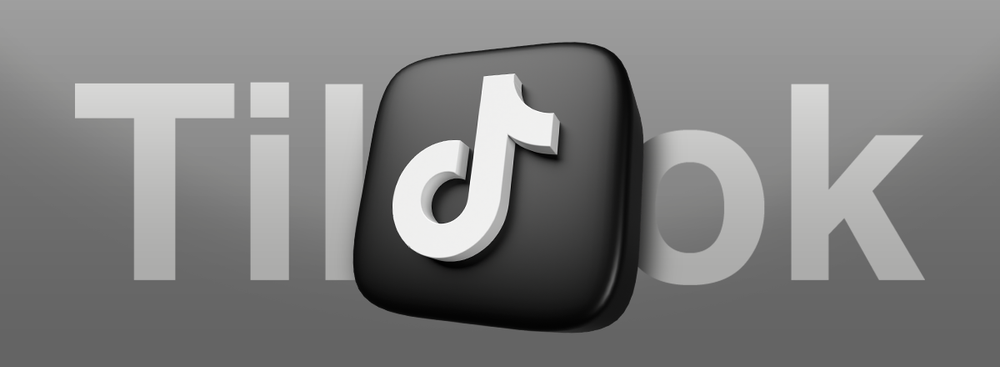In a move to regulate and curb content that has been disruptive to “social harmony and the flow of indecent materials,” the government of Nepal has announced a ban on TikTok, the popular Chinese-owned social media platform. Nepal's decision comes as a response to concerns over the misuse of the platform, which has led to more than 1,600 TikTok-related cybercrime cases registered in the country over the past four years.
Nepal's Minister for Communications and Information Technology, Rekha Sharma, stated that the decision to ban TikTok was made during a cabinet meeting, and telecommunications companies have been instructed to implement the ban. TikTok has been criticized for the prevalence of content that incites religious hate, violence, and sexual abuse, resulting in offline clashes, curfews, and police deployment.

TikTok, owned by the Chinese tech company ByteDance, has previously faced bans in other countries, including India, where it was banned in 2020 due to concerns about national security.
While TikTok has over a billion users globally, Nepal's ban underscores growing global concerns about the platform's influence and its impact on security.

Opposition leaders in Nepal have criticized the ban, calling for regulation rather than restriction of social media platforms. The ban comes after the Nepal government's repeated attempts to engage TikTok in addressing the troubling content on the platform went unanswered.
TikTok representatives have not yet responded to requests for comment on the ban. Nepal's decision adds to the list of countries taking actions against TikTok, as governments around the world express concerns about the platform's content and potential security risks associated with its Chinese ownership.














